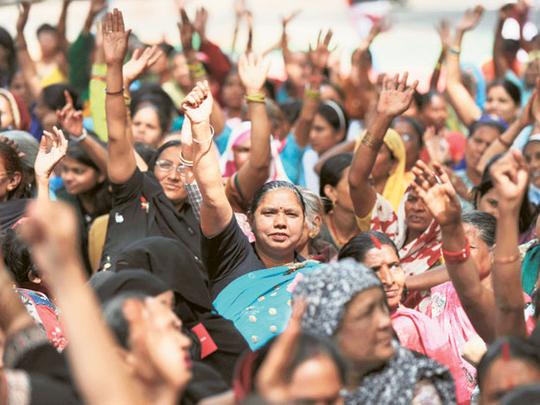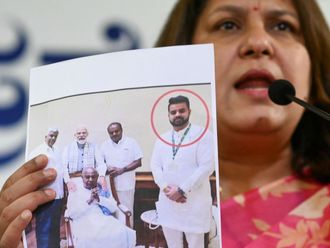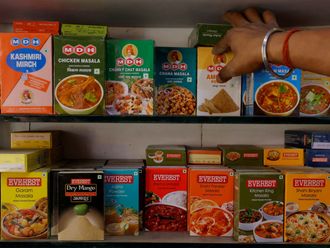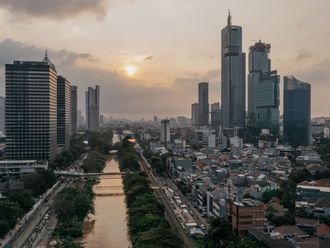
Mumbai: Women with disabilities are in no mood to celebrate International Women's Day on Thursday but will instead protest a day earlier in wheelchairs to assert the denial of their rights.
Joining more than 100 women in wheelchairs on the eve of Women's Day will be hundreds of their supporters who will also sit in wheelchairs to express solidarity for disabled women in India.
Brought together by the ADAPT Rights Group, a group of young able and disabled activists, they hope to force Mumbaikars to think: how long will women with disabilities face apartheid-like discrimination?
According to Dr Mithu Alur, who founded ADAPT, formerly the Spastics Society of India, in 1972, both the ‘able' and ‘disabled' can work together to create an inclusive society.
The rights group works to promote inclusion within a human rights framework by advocating disabled-friendly public places, public transportation and workspaces.
The recent incidents highlighted in the media only serve to indicate the extent of discrimination the disabled face in the country.
In one such incident on February 20, Jeeja Ghost, a teacher at Kolkata's Indian Institute of Cerebral Palsy and frequent flier across the country and abroad, was offloaded because the pilot said she was not fit to fly.
The head of a national panel for the disabled recently said people with disabilities are like any other citizens and the Constitution of India provides similar rights as citizens.
Yet, even after 16 years of enforcement of the Persons with Disabilities Act, 1995, the country is not very sensitive towards the rights of the disabled.
No disabled woman is in Parliament, even in Rajya Sabha, they are not even part of the women's rights movement across the country, they rarely get married and are denied the right to motherhood.
Invisible minority
Nearly half of the 40 to 90 million people with disabilities in India are women and yet they have always remained an invisible minority. The baseline survey on disabled women, conducted by the Association of Women with Disabilities in Assam, West Bengal, Orissa, Jharkhand and Bihar, has found them to be sorely disadvantaged by a lack of education and employment opportunities and ignorance about their legal rights.












